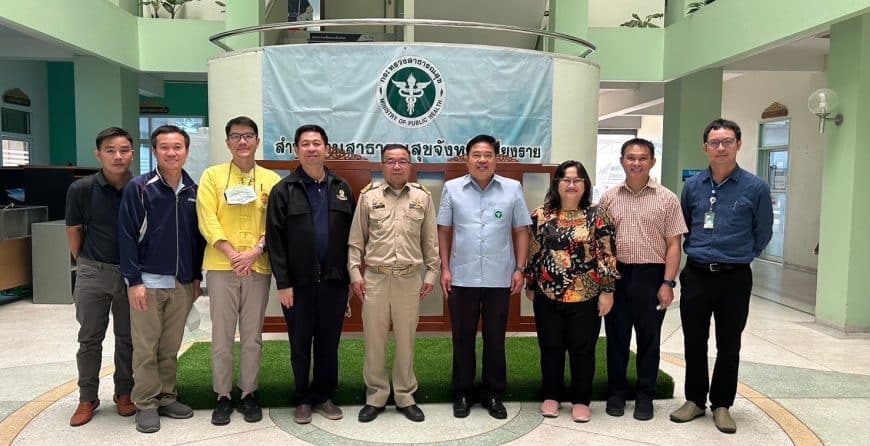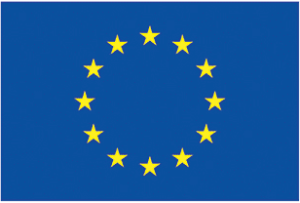PANDASIA advocates for local support in Thailand
From March through April 2023, the WP1 Team of the PANDASIA transdisciplinary research project commenced consultations with potential local partners to garner support and participation for the practical implementation of devised project activities in the field. Supported by the EU, PANDASIA has been designed to foster a better understanding of zoonotic spillover, aiming to improve community and global pandemic preparedness. In Thailand, the project will collect extensive data from social, biological, and molecular sources and develop predictive models of zoonotic spillover rates and disease emergence in high-risk settings.
Led by researchers from Chulalongkorn University (CU), the team visited Mae Fah Luang and Wiang Kaen districts in Chiang Rai province and Pong Nam Ron and Soi Dao districts in Chanthaburi province. PANDASIA’s pre-selection of Chiang Rai and Chantaburi as target areas was informed by the provinces’ diverse biological and ecological environments. Both provinces contain contiguous forest areas; national parks and scenic sites that draw local residents, tourists and visitors; and karstic limestone caves known for housing bat colonies. The discussions with provincial health and livestock offices, district and provincial leaders, government and non-government organizations, and local authorities will pave the way for heightened public awareness and secure stakeholders’ approval and support for the project.
At present, PANDASIA is engaged in ongoing dialogue and coordination with relevant government stakeholders, such as the Division of Epidemiology (DOE) of the Department of Disease Control (DDC) under the Ministry of Public Health (MOPH); the Department of Livestock Development (DLD) under the Ministry of Agriculture and Cooperatives (MOAC); the Department of National Parks, Wildlife and Plant Conservation (DNP) under the Ministry of Natural Resources and Environment (MONRE); the Chiang Rai Provincial Health Office (PHO); the Chiang Rai Provincial Livestock Office (PLO); the Chanthaburi Provincial Health Office (PHO); and the Chanthaburi Provincial Livestock Office (PLO).
The PANDASIA project will engage the aforementioned stakeholders in a series of activities, including baseline and endline quantitative surveys and qualitative data collection among villagers and relevant stakeholders, such as human and animal health officials, environmental protection staff, village health volunteers (VHVs), animal health volunteers (AHVs), and local authorities like village chiefs.








